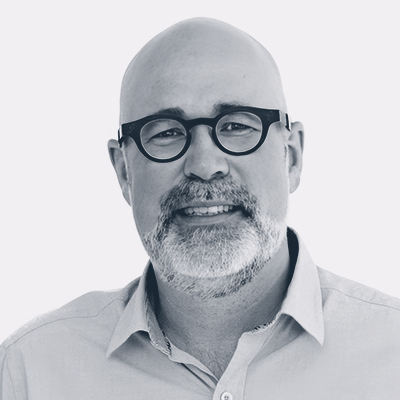
Mark Surman is president of the Mozilla Foundation, a global nonprofit that does everything from developing the Firefox web browser to advocating for a more open, equitable internet. His current focus is fueling Mozilla’s efforts to invest in responsible tech startups (via Mozilla Ventures) and to create foundational technology for more trustworthy AI (via Mozilla.ai). Before joining Mozilla, Surman spent 15 years leading organizations and projects that promoted the use of the internet and open-source technology for social empowerment.
Learn more about Surman’s approach to AI via the Me, Myself, and AI podcast.
Voting History
| Statement | Response |
|---|---|
| There is sufficient international alignment on emerging codes of conduct and standards for global companies to effectively implement RAI requirements across the organization. Disagree | “We’re still early in defining what we mean by responsible AI and even earlier in going through the tricky process of seeing what it looks like in action. The key right now is for companies deploying AI to see what frameworks work and don’t work in practice and for governments to pay attention to these practical experiments. It’s only through this back-and-forth that we’ll get to responsible AI requirements that truly work across all industries and all of society.” |
| Companies should be required to make disclosures about the use of AI in their products and offerings to customers. Strongly agree | “Transparency is key to building public confidence in AI and giving people agency over how they interact with automated systems. Disclosures are the most basic form of transparency.” |
| Organizations will be ready to meet the requirements of the EU AI Act as they phase in over the next 12 months. Disagree | “The EU AI Act calls on us to do something very useful — create guardrails for risky uses of AI. But we still have a long way to go to figure out what that means in practice, in real products, in actual systems. My guess is it takes the better part of a decade to sort that through on the ground.” |
